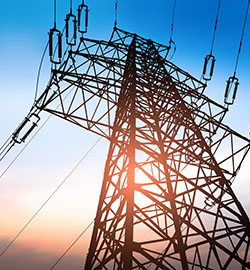

Sort By

Find out more about the big stories in regional energy markets.

Find out more about the big stories in regional energy markets.

Find out more about the big stories in regional energy markets.

Find out more about the big stories in regional energy markets.

Find out more about the big stories in regional energy markets.

Find out more about the big stories in regional energy markets.

Find out more about the big stories in regional energy markets.

Breaking down the big stories in regional energy markets.

Discover how Demand Response helps the grid remain in balance during times of grid stress.




